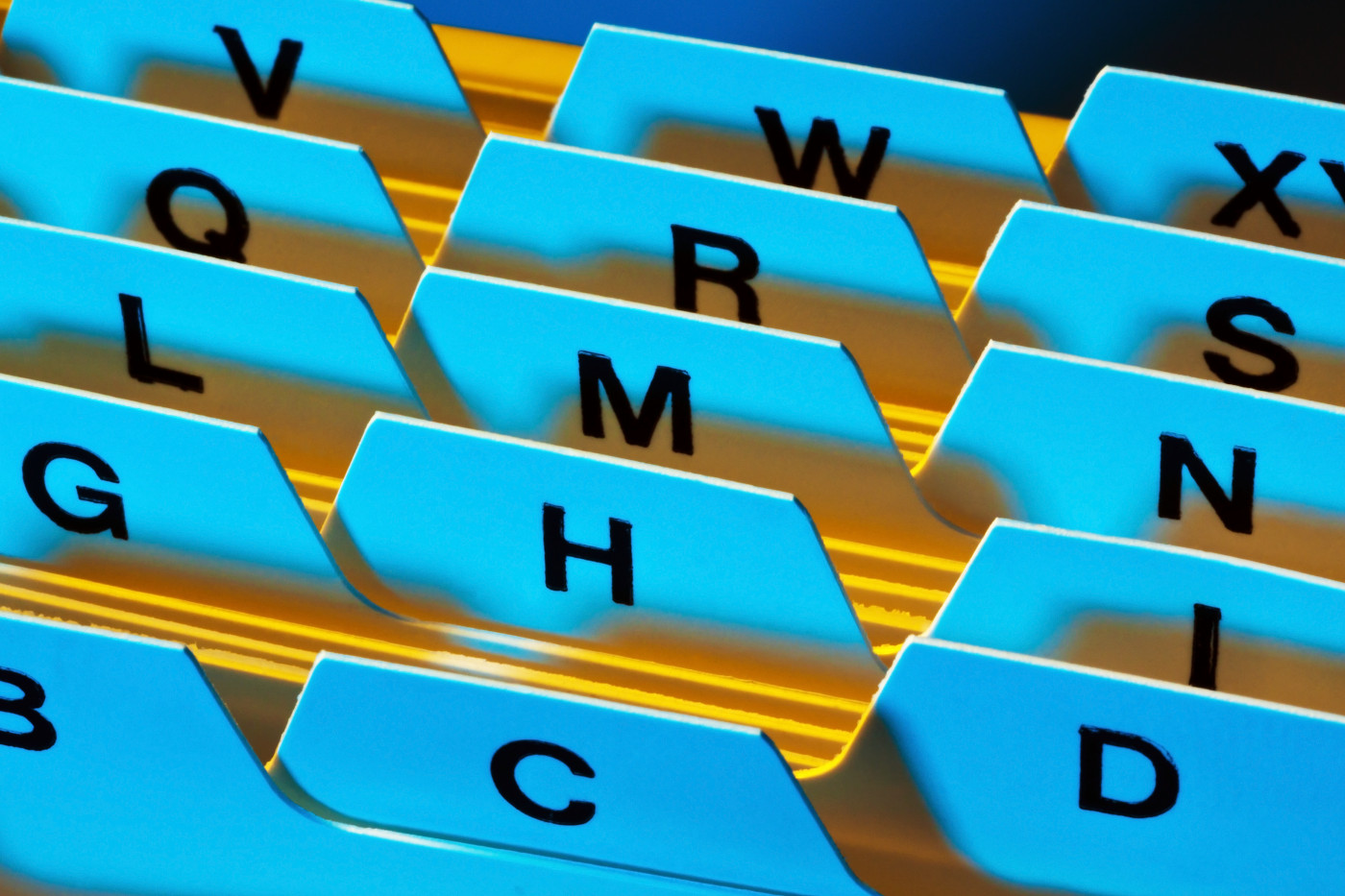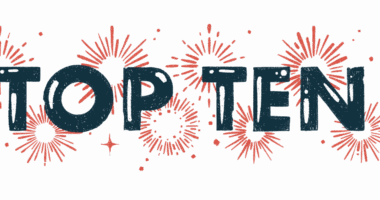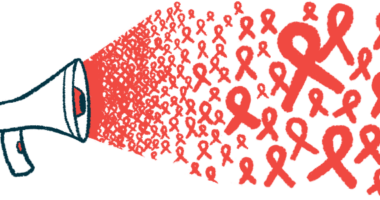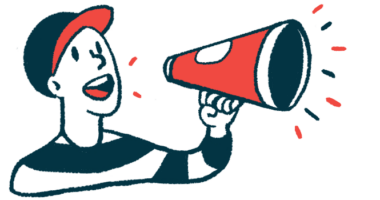BrainStorm Enrolls First Patients in Phase 3 Trial Evaluating NurOwn in ALS

BrainStorm Cell Therapeutics announced that the first patients have been enrolled in the Phase 3 clinical trial of NurOwn for the treatment of amyotrophic lateral sclerosis (ALS).
NurOwn is a mesenchymal stem cell (MSC) platform created for the treatment of ALS. Because it is made from MSCs, a type of cell that has the ability to transform into other types of cells, NurOwn can transform cells collected from the patients themselves into cells that secrete neuropathic factors (NTFs), which boost nerve tissue growth. NTFs can also help nerve cells survive through their own neuroprotective function. NurOwn can be injected into muscle or into the spinal canal.
The primary objective of the Phase 3 study (NCT03280056) is to determine if NurOwn can improve functional impairment using the ALS Functional Rating Scale-Revised (ALSFRS-R), a tool for monitoring the progression of disability in patients with ALS. BrainStorm anticipates enrolling approximately 200 patients.
A Phase 2 ALS clinical trial (NCT02017912), now complete, evaluated NurOwn’s safety and effectiveness by using ALSFRS-R and slow vital capacity, a measure of breathing capacity. Positive results showed that NurOwn was able to provide meaningful benefits when compared with a placebo. NurOwn was also proven safe and well-tolerated by participants.
The Phase 3 trial will be conducted at six leading ALS clinical sites in the United States, including the University of California Irvine Medical Center (UCI), the Massachusetts General Hospital in Boston, and the California Pacific Medical Center (CPMC) in San Francisco. BrainStorm opened enrollment last August.
“NurOwn is a highly innovative and advanced stem cell therapy now being studied in a Phase 3 trial in ALS. The support of this trial by the California Institute of Regenerative Medicine (CIRM) highlights the importance of addressing ALS unmet need beyond currently available therapies, which slow disease progression but do not maintain or restore function,” Chaim Lebovits, president and chief executive officer of BrainStorm, said in a press release.
“Stem cells are emerging as a potential viable candidate to treat ALS, and we are very excited to be participating in this important Phase 3 trial. The clinical data from NurOwn have been encouraging, demonstrating clear evidence of clinical benefit and supported by analysis of inflammatory markers and neurotrophic factors in treated patients,” added Robert Miller, director of the Forbes Norris ALS Research Center at CPMC.
“NurOwn cells have the important advantage of being autologous, so patients do not need to be immunosuppressed. In addition, the production process is relatively straightforward, and the harvesting and delivery of cells is much less invasive than other stem cell systems that have been tested in the clinic,” Miller said.
The new study is supported by a $16 million grant from the California Institute for Regenerative Medicine (CIRM).






